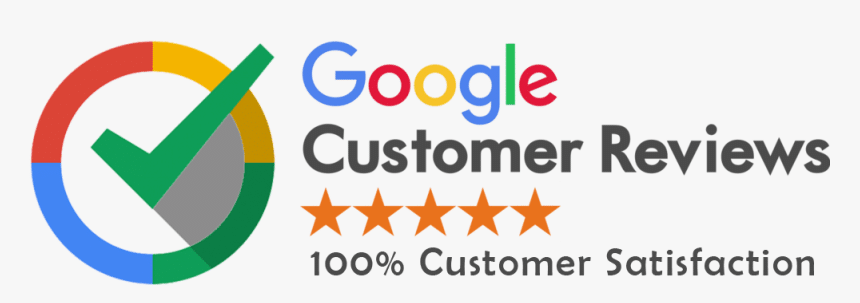There are number of reasons why competitors hurt your rankings. Maintaining a high search engine ranking is no easy feat. Competitors may engage in unethical practices to undermine your website’s position—a tactic known as negative SEO. Understanding how these strategies work and learning how to protect your website from such attacks is essential for businesses aiming to thrive online.
As the founder and CEO of RedSpider, a Dubai-based digital marketing and web design company with over 10 years of experience, I’ve seen firsthand the impact of both positive and negative SEO tactics. Let me guide you through the risks and the solutions. The most important reason could have been the content of the website for which visitor look up to and while Google Algorithm also rank according the content and also appreciate natural links to the website which only when either the link are paid for or it has reviewed a lot of time or it has created by the owner itself is considered to be the natural link. Otherwise it will remove all the unnatural links.

Common Ways Competitors Can Hurt Rankings
- Spammy Backlinks Competitors might create thousands of low-quality or spammy backlinks pointing to your site. Search engines like Google can interpret this as an attempt to manipulate rankings, potentially leading to penalties. These spammy links often come from unrelated, poorly-ranked, or blacklisted websites, which harm your domain authority and credibility.
- Duplicate Content Copying your content and distributing it across other platforms or websites can confuse search engines about the original source. This can result in a drop in your rankings, as duplicate content violates search engine guidelines.
- False Negative Reviews Posting fake negative reviews about your business can damage your online reputation. While this doesn’t directly affect rankings, it can reduce user trust, impacting click-through rates and conversion rates—both of which are critical ranking factors.
- Hacking and Malware Some competitors may go as far as hacking into your website to insert malicious code or harmful content. Such activities can lead to your website being flagged or blacklisted by search engines, significantly dropping its visibility.
- False Copyright Claims Filing false copyright claims can temporarily remove your content from search results. This tactic can severely affect your website’s traffic and ranking until the issue is resolved.
How to Stop Competitors from Hurting Your Rankings
- Monitor Backlinks Regularly Use tools like Google Search Console, Ahrefs, or SEMrush to keep track of your website’s backlink profile. If you notice suspicious or spammy links, use Google’s Disavow Tool to prevent these links from negatively impacting your site.
- Set Up Alerts Configure alerts in Google Search Console to receive notifications about significant changes in your website’s performance. This will help you detect potential negative SEO activities early, allowing you to take swift action.
- Protect Your Content Use canonical tags to indicate the original source of your content. Additionally, regularly check for duplicates of your content online using tools like Copyscape. If you find unauthorized copies, request their removal through DMCA takedown notices.
- Invest in Cybersecurity Strengthen your website’s security to prevent hacking attempts. Implement SSL certificates, regularly update software, and use strong passwords. A secure website not only protects your data but also boosts user trust and search engine rankings.
- Encourage Positive Reviews Proactively encourage satisfied clients to leave positive reviews on platforms like Google My Business and other review sites. Authentic, positive reviews can outweigh any fake negative reviews.
- Use Backlink Monitoring Tools Tools like Moz and Monitor Backlinks can help you identify harmful links. Regularly reviewing your backlinks ensures you maintain a clean profile, free from malicious activities.
- Engage with Users and Collect Feedback Stay engaged with your audience through surveys or direct interactions. Use their feedback to improve your services and address any issues they might have experienced. Demonstrating that you value user feedback can boost satisfaction and retention.
The Role of Expertise, Authority, and Trust (E-A-T)
Search engines, particularly Google, prioritize websites that demonstrate expertise, authority, and trustworthiness (E-A-T). As a business owner, here’s how you can leverage E-A-T to safeguard your rankings:
- Showcase Your Expertise: Highlight your industry knowledge and experience. At RedSpider, our team’s collective experience of over 100 years across digital marketing and web design is a testament to our expertise. Share case studies and success stories on your website to build credibility.
- Build Authority: Collaborate with authoritative websites for link-building campaigns. Publish high-quality, informative content that establishes you as a thought leader in your industry.
- Ensure Trustworthiness: Prioritize user data security and transparency. Display certifications, client testimonials, and a clear privacy policy to assure users and search engines of your reliability.
Conclusion
Negative SEO is a reality in today’s digital landscape, but it doesn’t have to derail your business. By proactively monitoring your website’s performance, securing your digital assets, and building a strong online presence grounded in E-A-T principles, you can mitigate the risks posed by unethical competitors. At RedSpider, we’re dedicated to helping businesses navigate these challenges and achieve lasting success. For tailored digital marketing and web design solutions, visit RedSpider.ae.


